Tea Talk
-
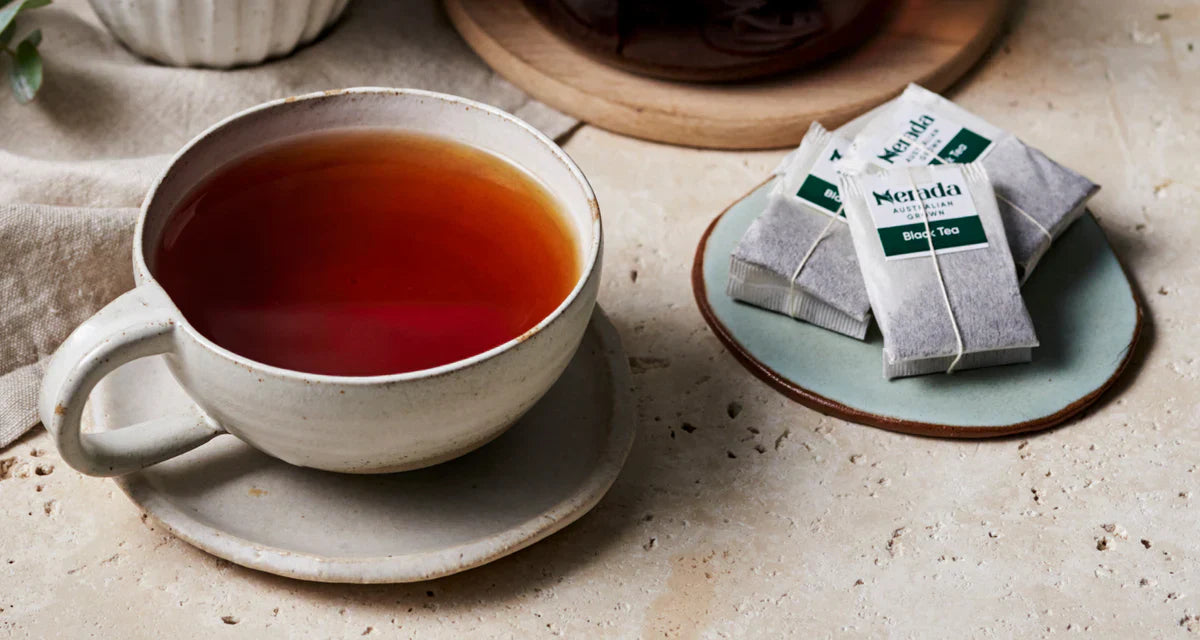
What Are Nerada Teabags Made From?
Our filter paper is made from high-quality manila hemp with less than 2% food-grade fibres that allow the bag to heat-seal safely. Unlike nylon or PET pyramid bags, our paper is fully compliant with Food Standards Australia and considered 100% safe.
-
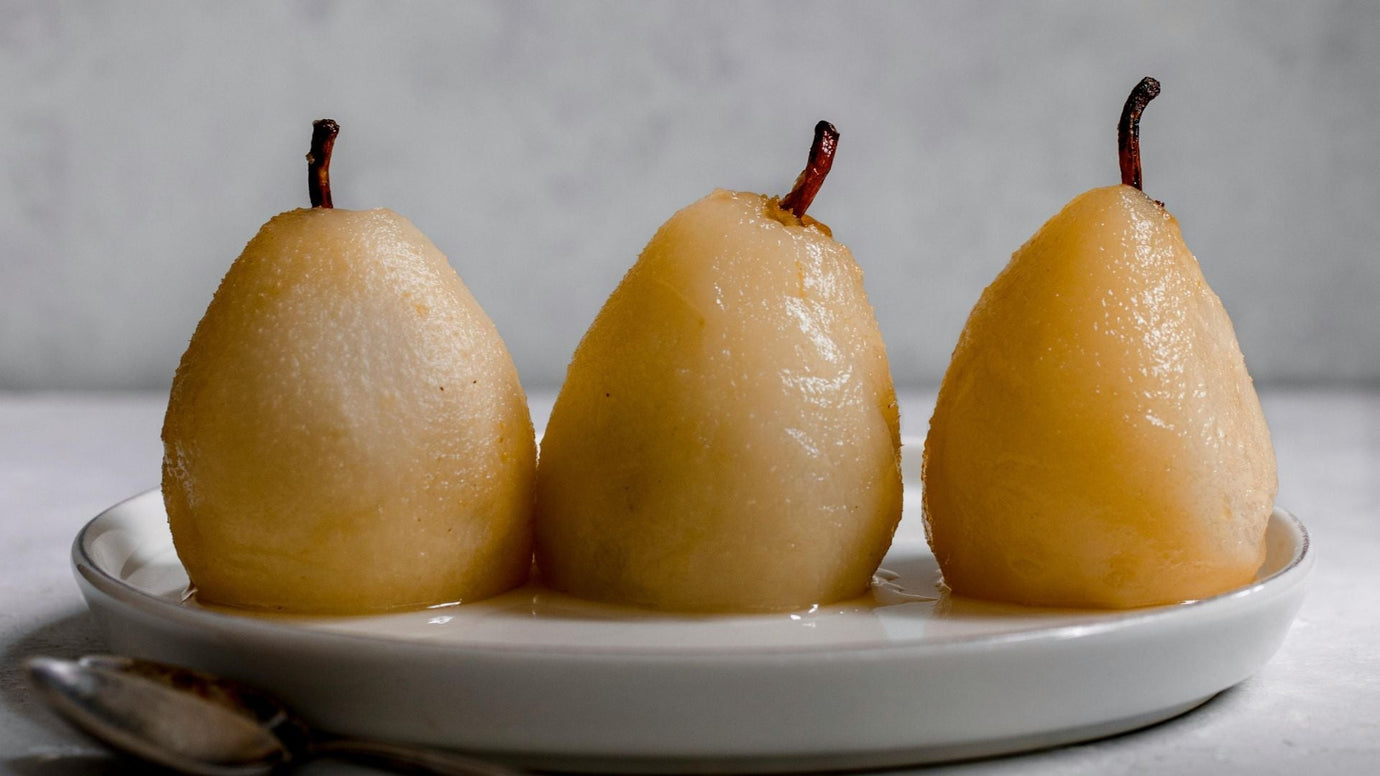
Poached Pears With a Black Tea Syrup
When the weather cools, we crave desserts that comfort, and our Warm Poached Pears in English Breakfast Tea Syrup delivers just that.
-
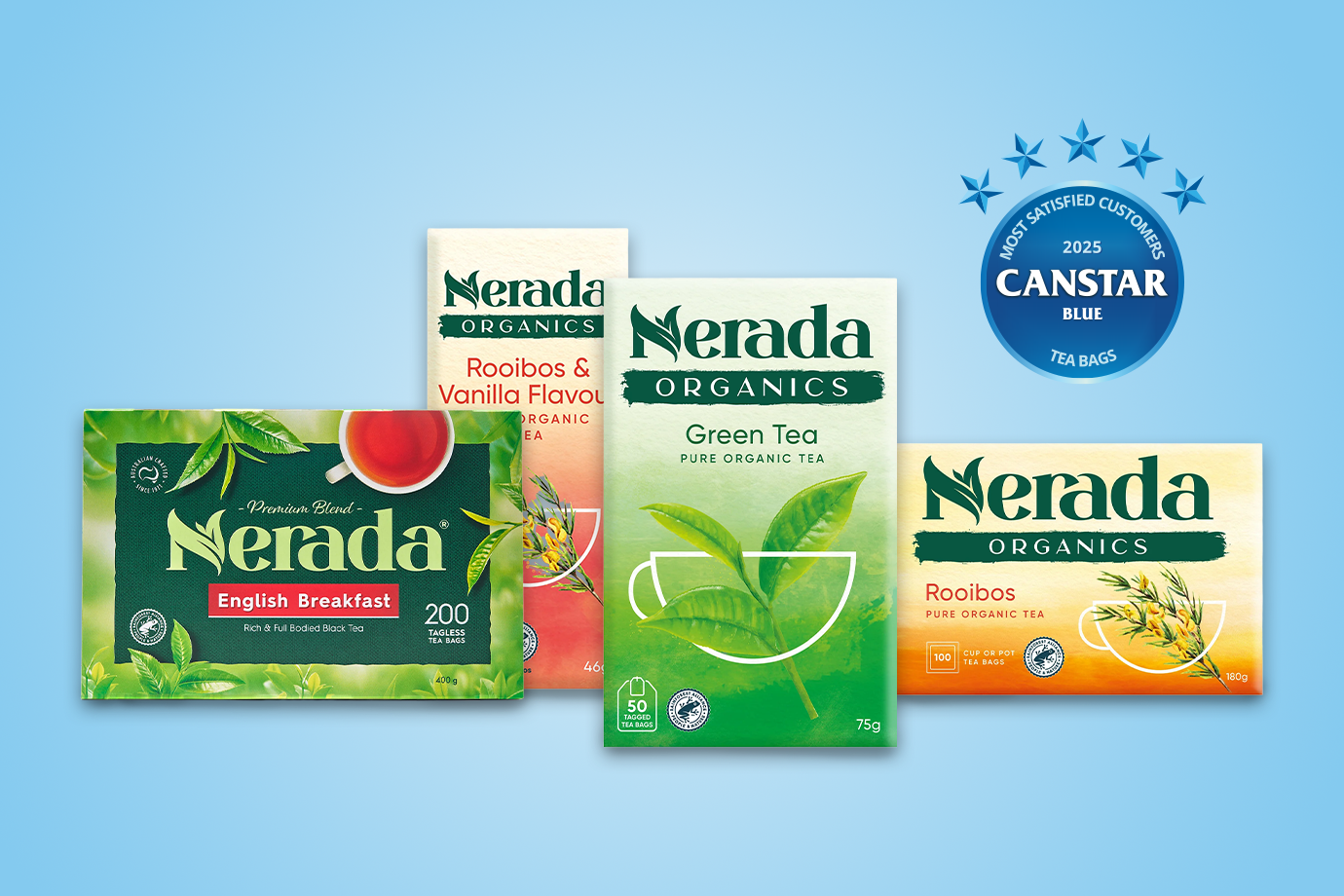
It’s Official - We’re Australia’s Favourite Tea
The people have spoken, the results are in…
-
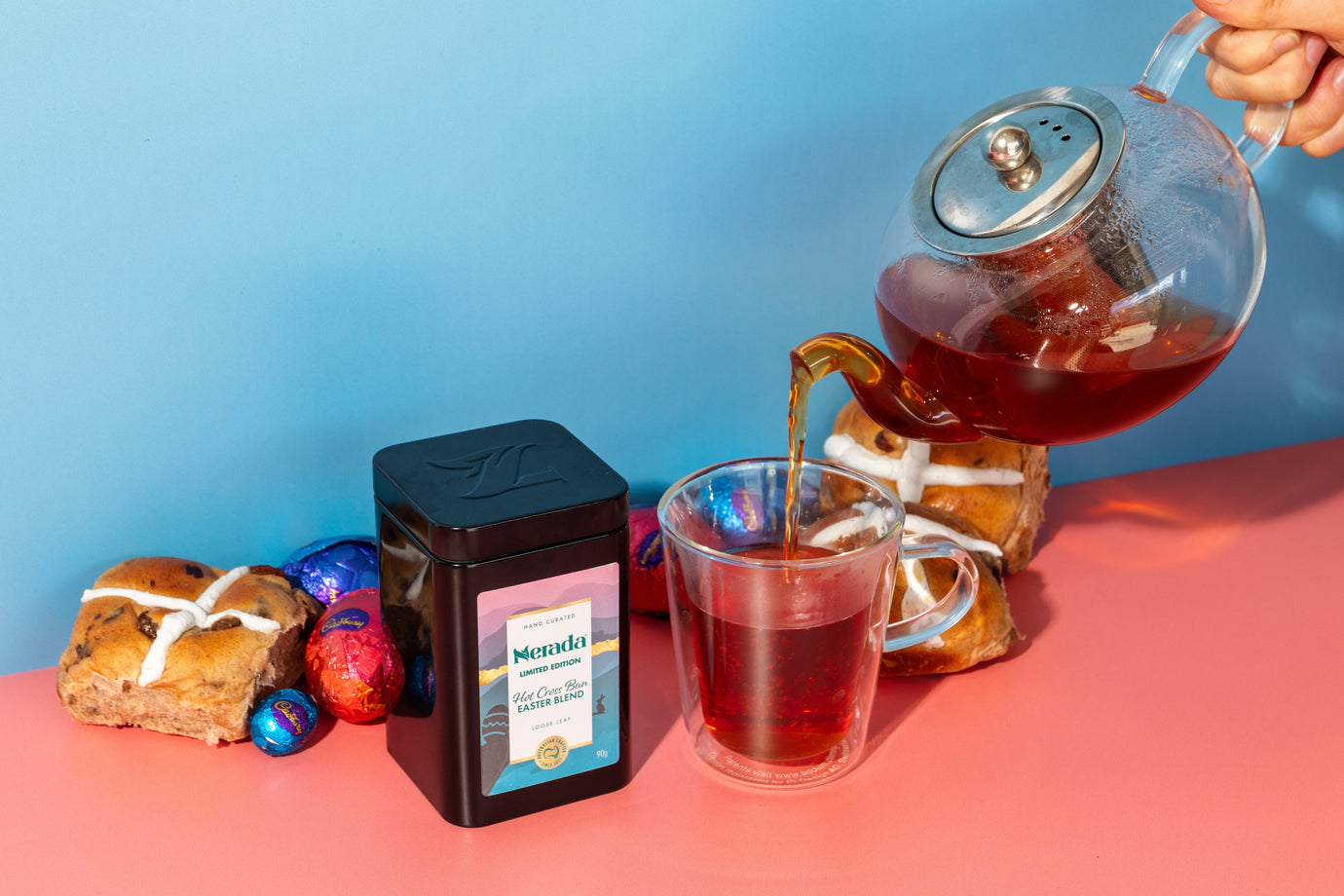
Nerada's Limited Easter Blend
Nerada Tea is excited to unveil our Limited Edition Easter Blend – a tea experience designed to elevate your holiday moments.
-
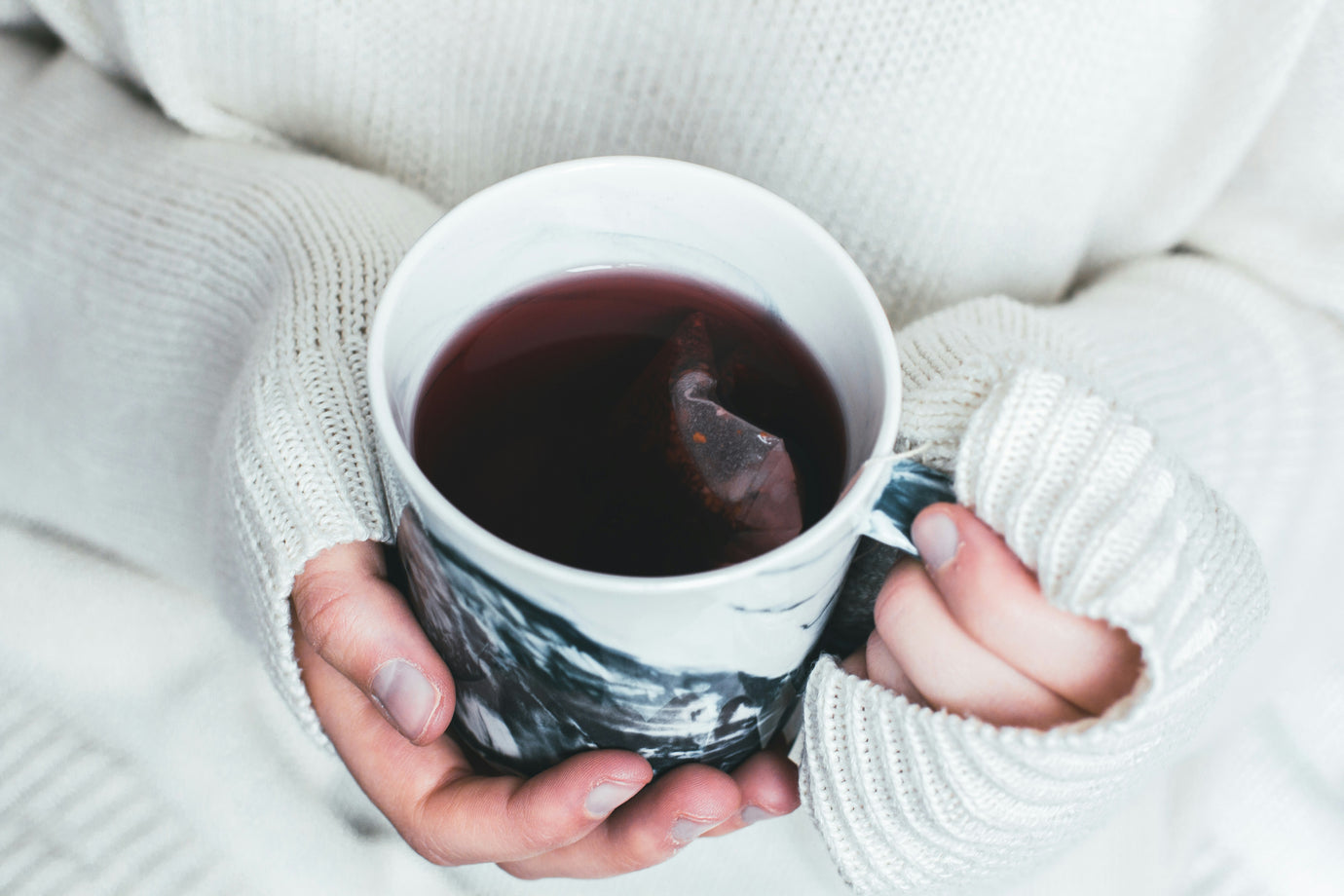
Teas for Boosting the Immune System
Whether you're trying to avoid getting sick or trying to speed up recovery, there’s only one thing for it: a cup of hot tea! -
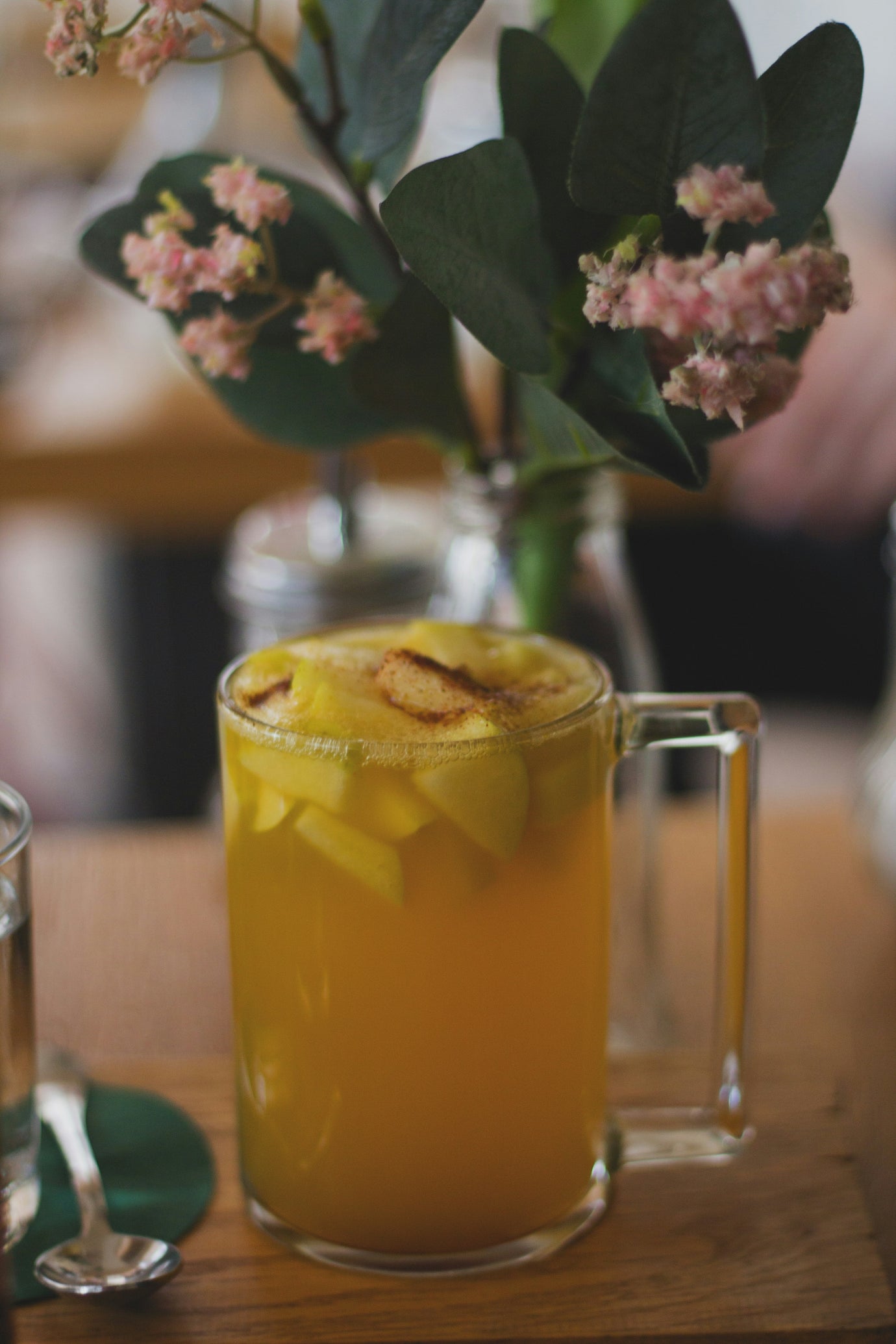
Hot Toddy Recipe
The perfect way to fight the winter chill (for those of drinking age, of course!), this tea-infused cocktail will soon be your go-to for cold nights or when you’re hosting loved ones -
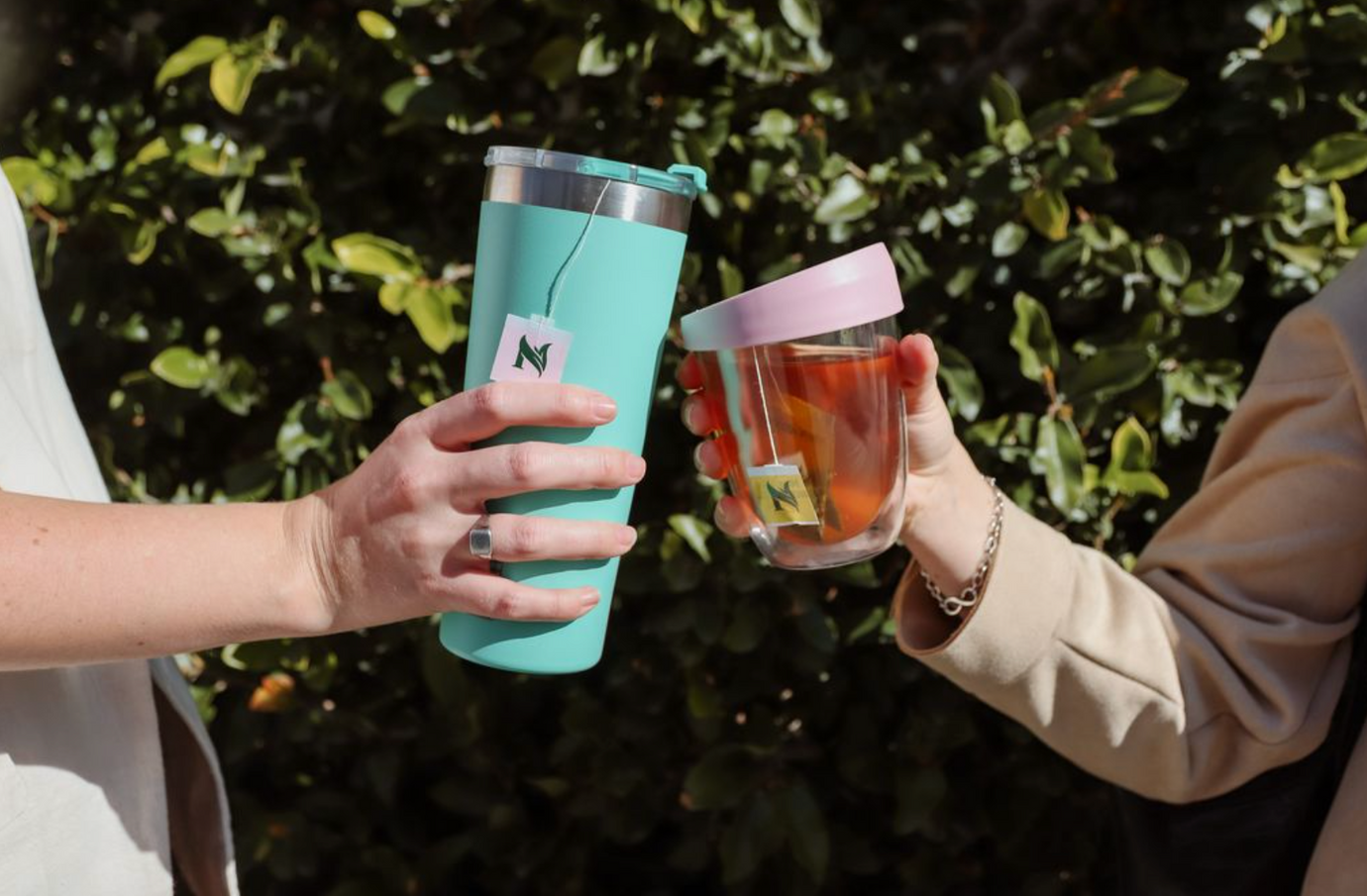
The Best Teas for The Morning
Anyone else wake up excited for their first cup of tea of the day? We thought so! While we have a soft spot for each one of our Nerada teas, there are some that are perfect for putting some pep in your step as the sun rises.
-
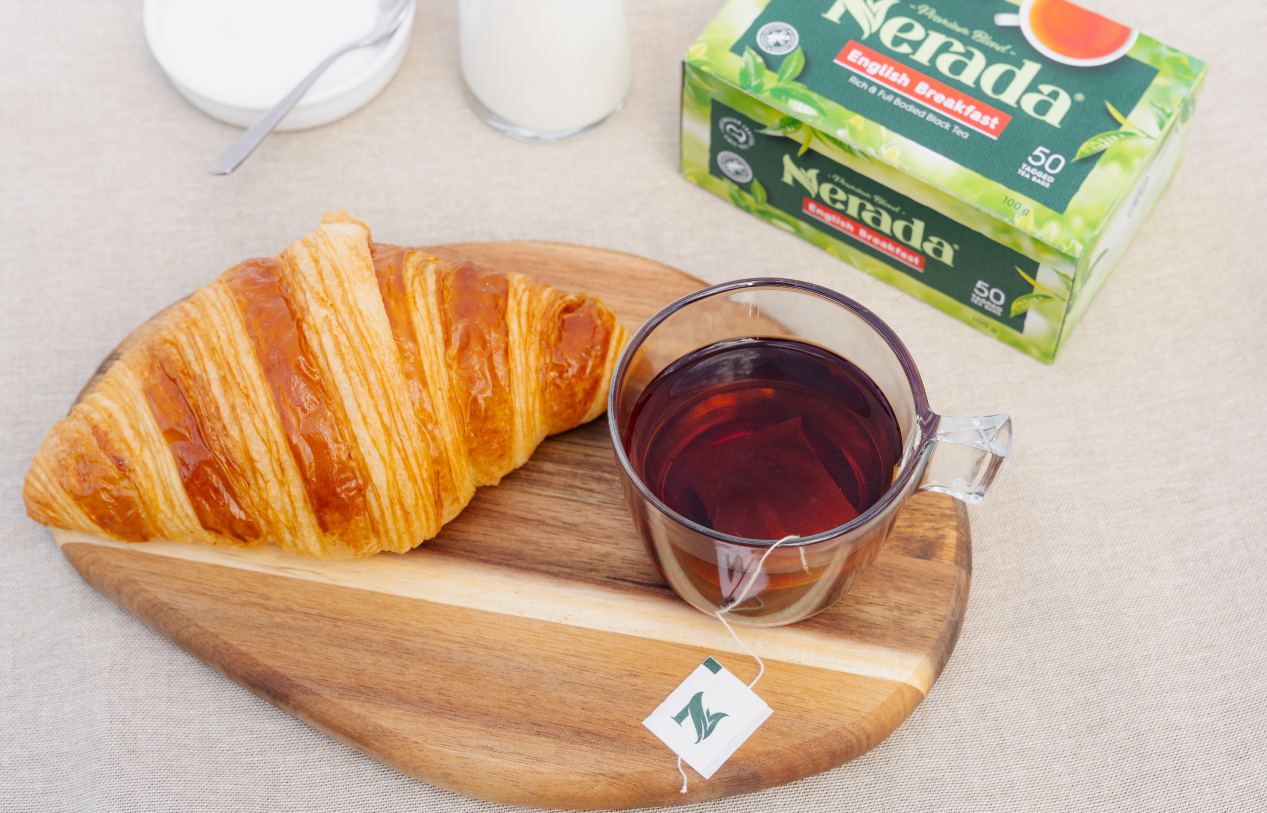
3 Tips for the Perfect Cup of Tea
-
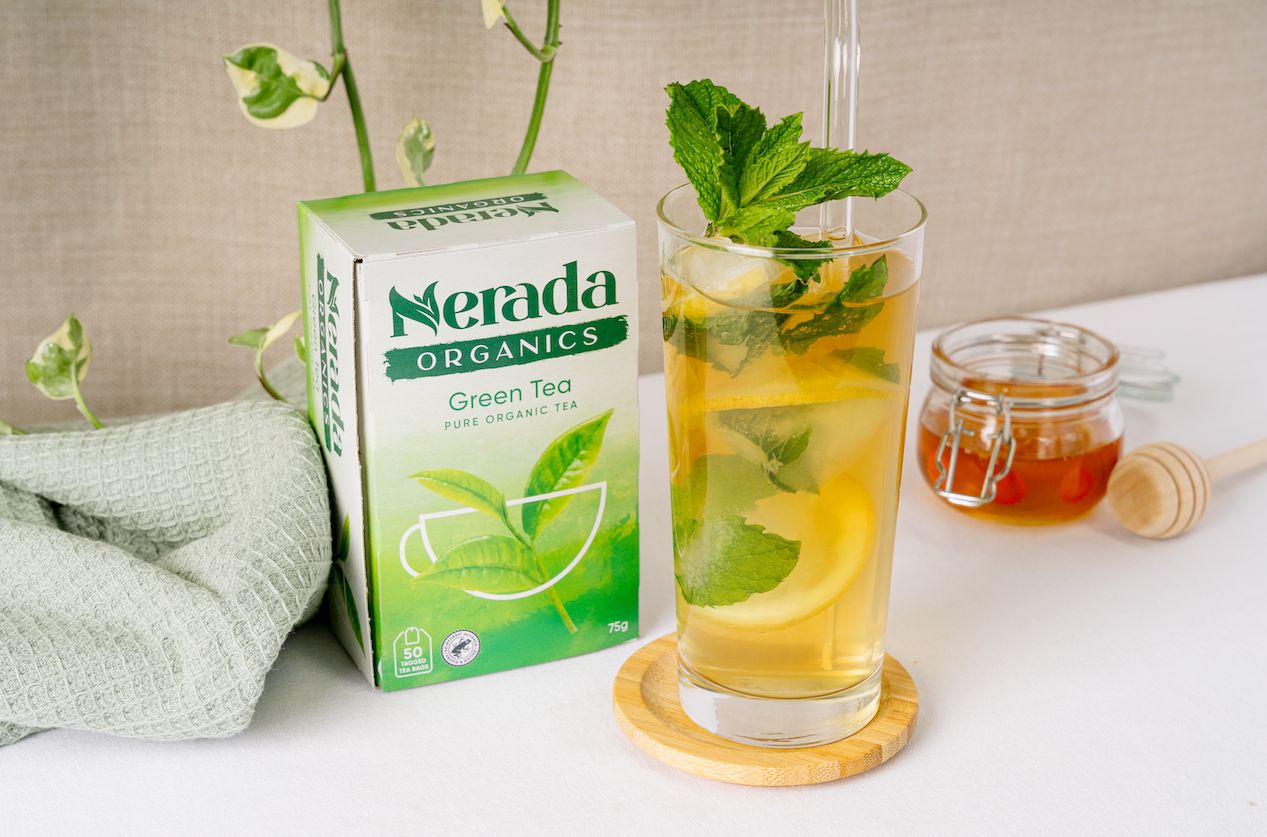
The Health Benefits of Drinking Green Tea
If you're on the hunt for a beverage that not only tastes delicious but also boasts great health benefits, look no further than green tea. This humble brew has been cherished for centuries, and for good reason. -
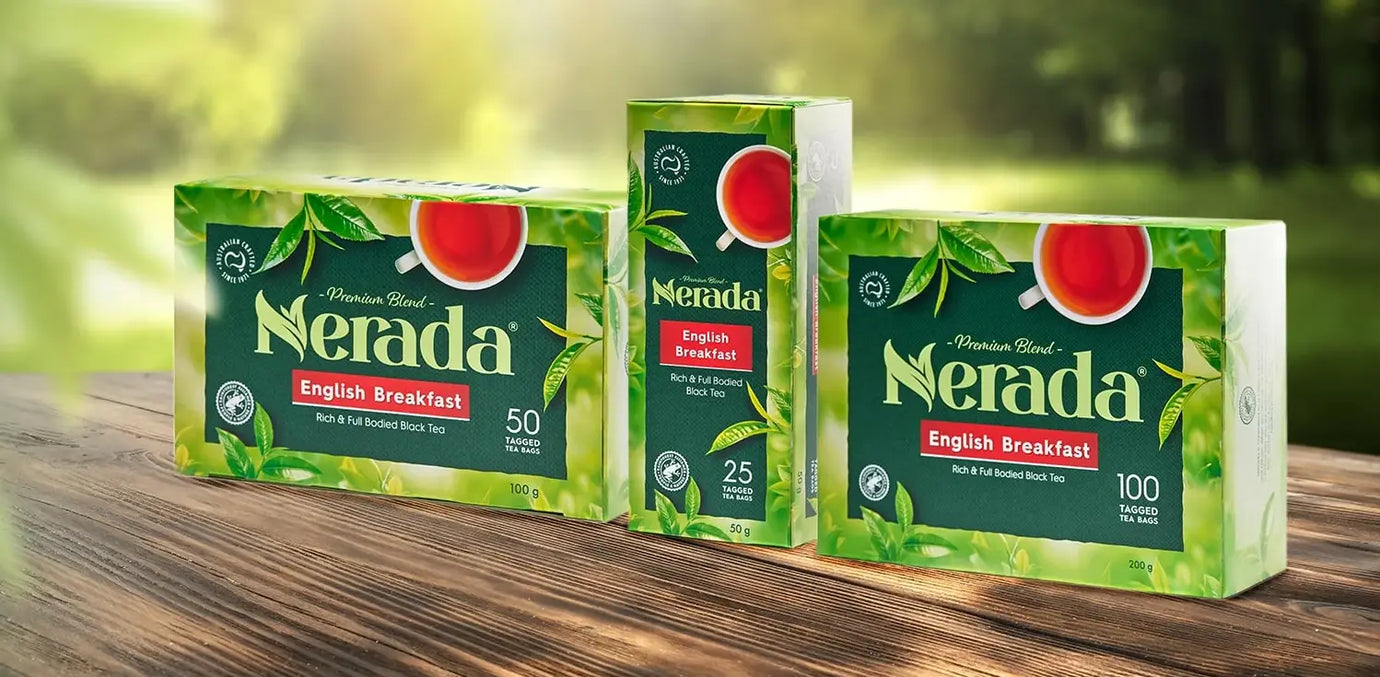
Nerada Tea's Newest Brew: English Breakfast
Nerada Tea has been synonymous with quality, tradition, and a love for tea since 1971. Our commitment to excellence shines through in every cup, and our newest creation, the English Breakfast tea, is no exception. -
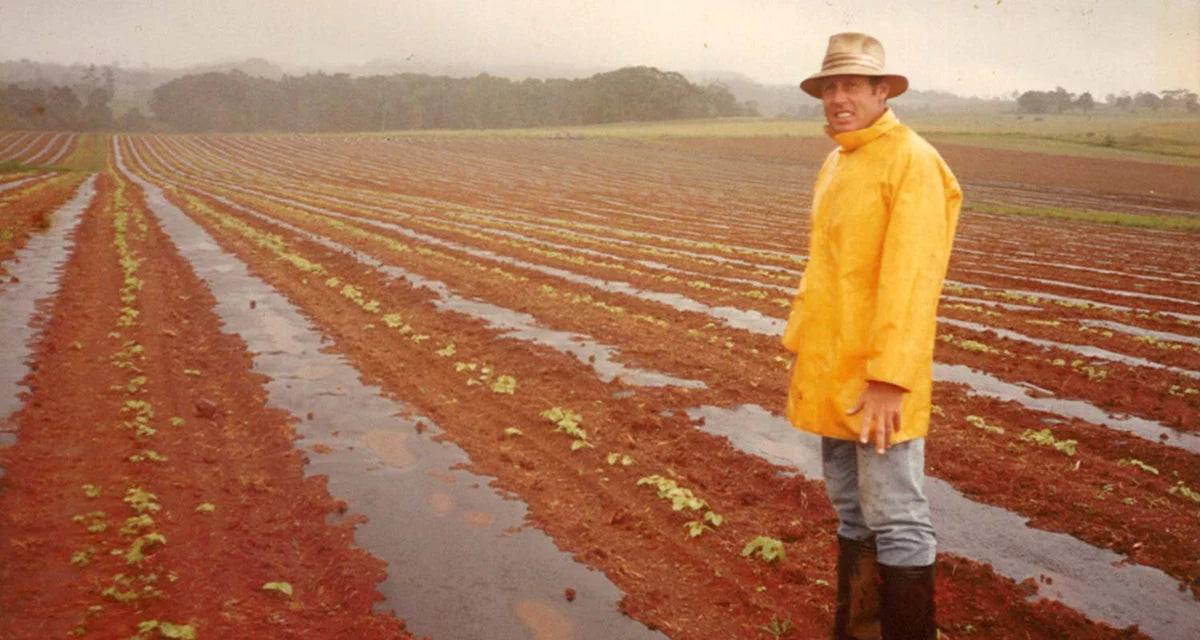
Meet The Farmer Who Made Nerada What It Is Today
Like any Australian agriculture company, the story of Nerada Tea has tales of trials and tribulations, and good old-fashioned hard yakka. -
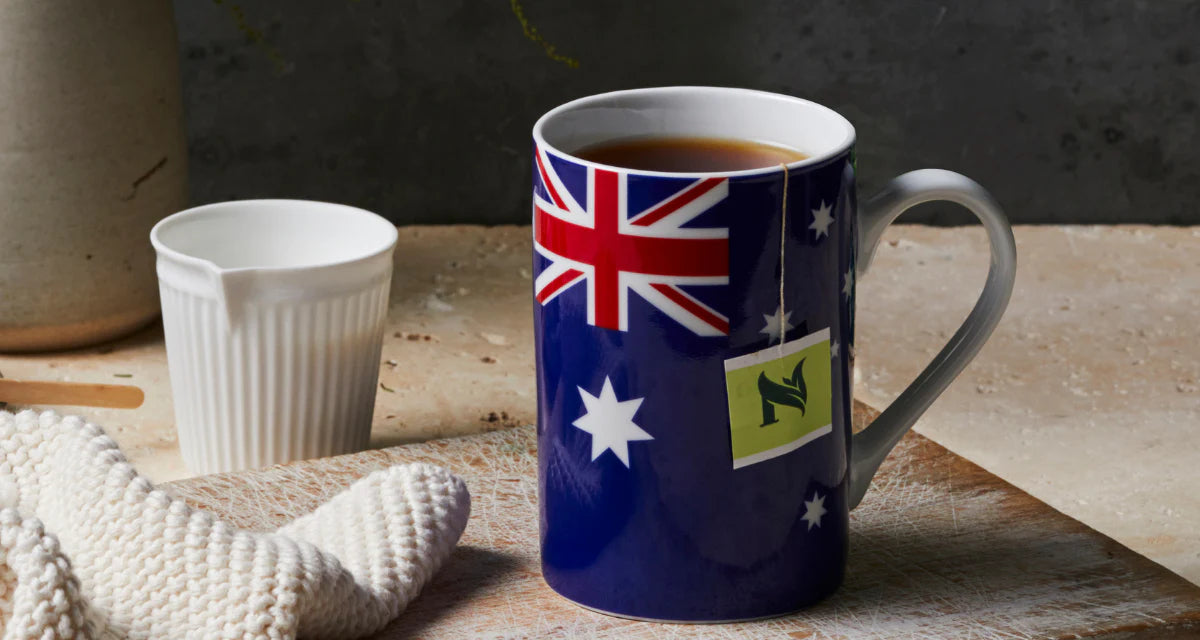
True Brew- The History Of Tea In Australia
Australians’ love of tea is well known, but its place in this country’s history reaches far beyond white settlement, though in a rather different form. The indigenous peoples of Australia are thought to have brewed their own infusions from plants such as tea tree, paperbark and sweet sarsaparilla. -
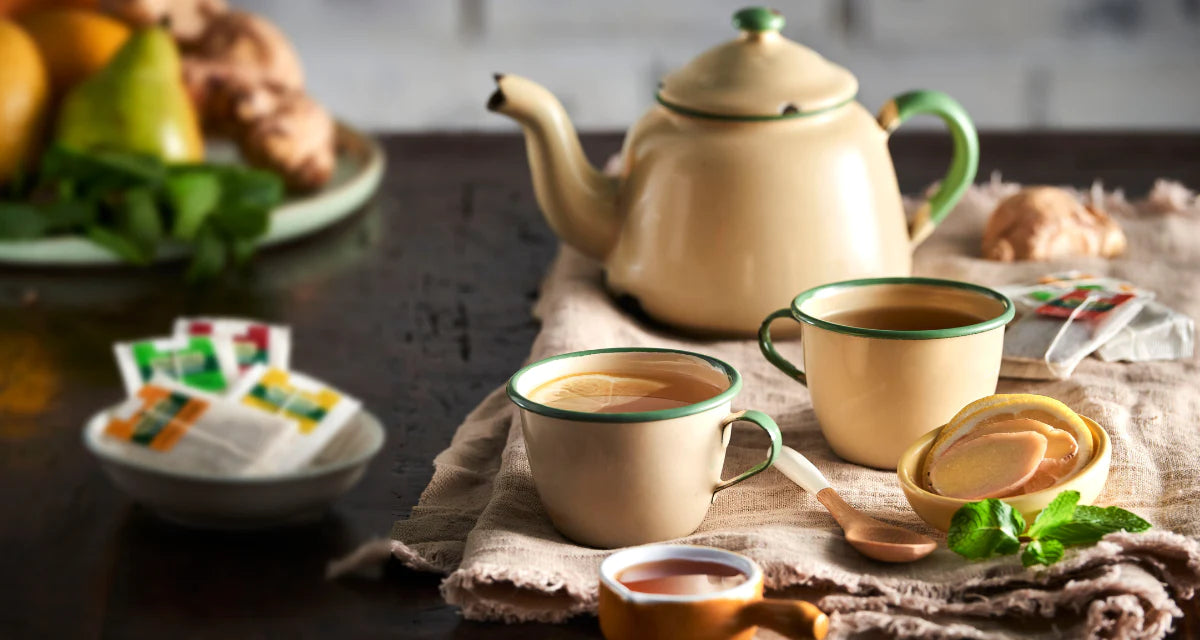
History Of The Teapot
People around the world have been drinking tea for centuries, yet the teapot came into existence only around 500 years ago. So, how did people drink tea before the teapot? And how did the teapot come to be? -
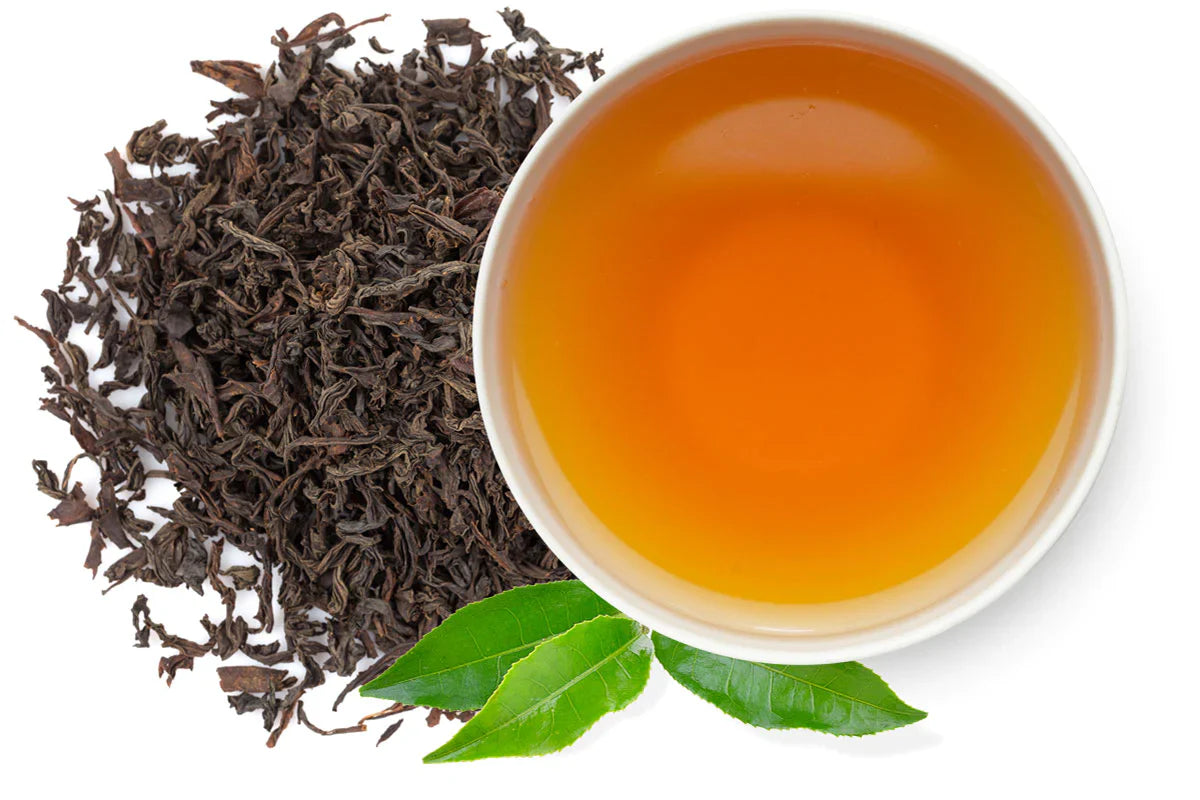
Tea Glossary - Types Of Tea
The world of tea is boundless, with thousands of different types of teas and herbal infusions consumed daily across the world. Here’s a guide to our favourite brews. -
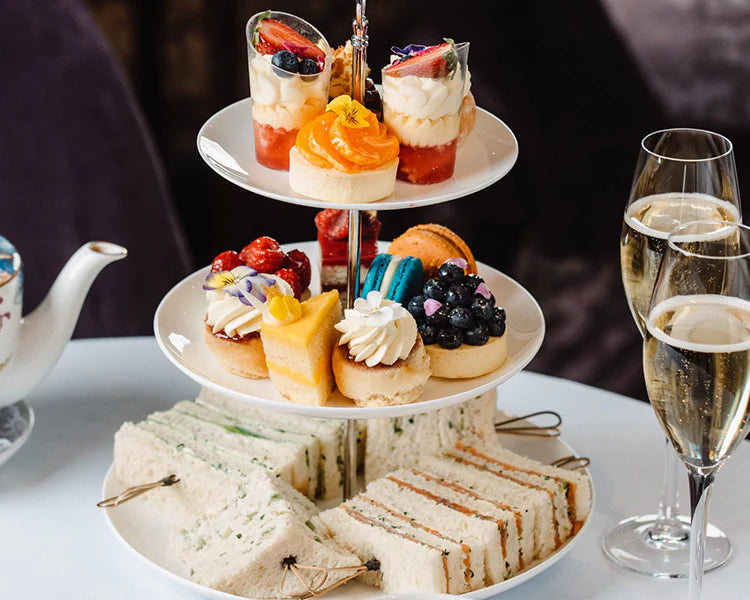
Top 3 Places For High Tea In Adelaide
Whether you call it ‘high tea’, Devonshire tea, or simply ‘afternoon tea’, nothing beats tea served with freshly baked scones and lashings of thick cream and jam. Here’s our pick of some of the best Adelaide based city spots for teatime treats. -

Top 3 Places For High Tea In Perth
Whether you call it ‘high tea’, Devonshire tea, or simply ‘afternoon tea’, nothing beats tea served with freshly baked scones and lashings of thick cream and jam. Here’s our pick of some of the best Perth based city spots for teatime treats. -
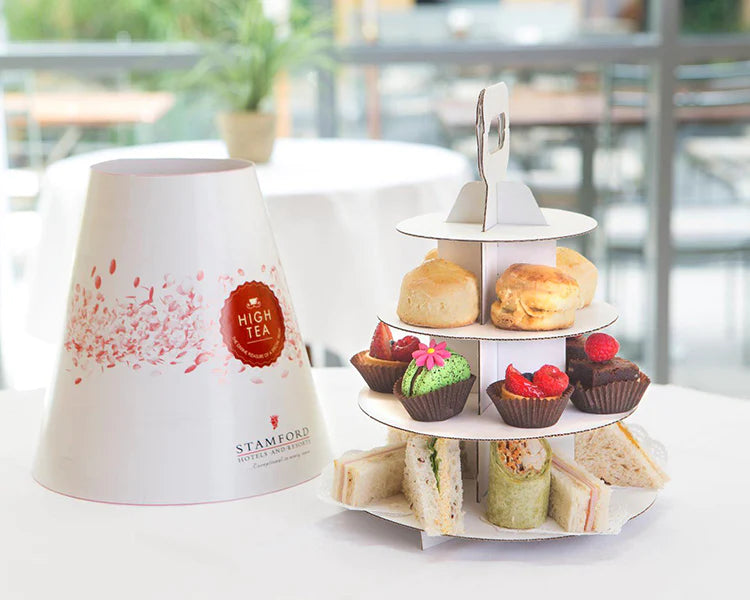
Top 3 Places For High Tea In Brisbane
Whether you call it ‘high tea’, Devonshire tea, or simply ‘afternoon tea’, nothing beats tea served with freshly baked scones and lashings of thick cream and jam. Here’s our pick of some of the best Brisbane based city spots for teatime treats. -
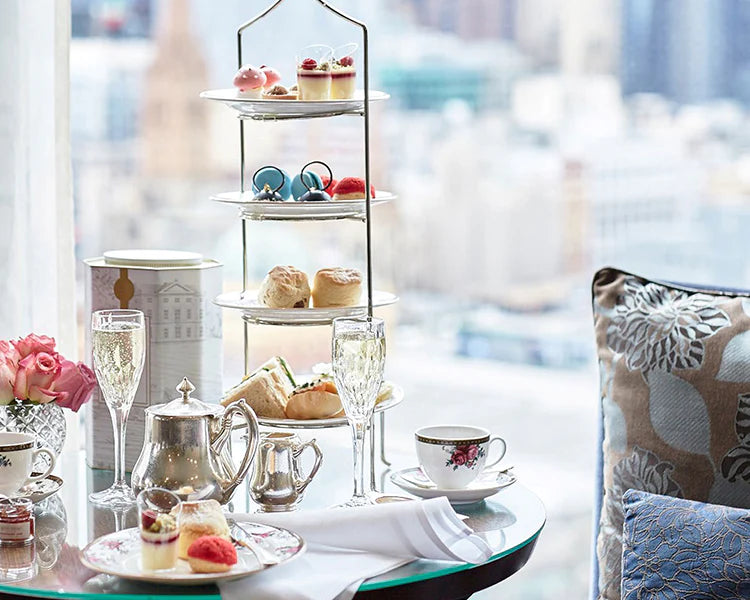
Top 3 Place For High Tea In Melbourne
Whether you call it ‘high tea’, Devonshire tea, or simply ‘afternoon tea’, nothing beats tea served with freshly baked scones and lashings of thick cream and jam. Here’s our pick of some of the best Melbourne city spots for teatime treats.

















